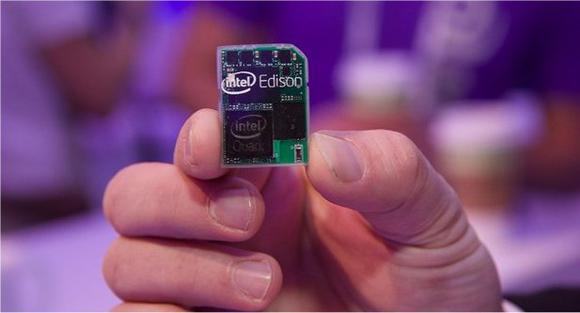Technology

QoTD
Wearables and Mobile Health market is exploding
Udayakumar Nalinasekaren
Sep 03, 2014
In sharp contract to the PC market that is declining at the rate of 6% year on year, the wearables market, albeit small, is growing robustly.
According to Business Insider, the value of the wearables market is expected to grow from $5.2 billion this year to $12.6 billion by 2018. The mobile health market, which includes fitness apps and wearables, is expected to be worth $21.5 billion by 2018, according to BCC Research.
All the biggies like Intel, Google, Apple are investing heavily to take strategic positions in these growing markets.
We talked about the Google Contact Lens in an earlier post. Google also recently announced an app programming interface called Google Fit. Google Fit lets developers build smarter apps. It lets manufacturers focus on creating amazing devices. Google Fit helps aggregate fitness data.
A similar initiative from Apple is the HealthKit. HealthKit opened up its platform to developers with a few key app partners such as Adidas, Nike and Withings. All three companies are also early partners with Google Fit.
Intel, the chip company that climbed to its fame making chips for the PC and server market is not far behind. Intel recently announced a partnership with SMS Audio to develop BioSport biometric earbuds. These sweat and water-resistant earbuds will use an optical sensor for continuous heart rate monitoring. The wearable gadget synchronizes with the RunKeeper app to track distance traveled and calories burned.
Intel also recently announced a partnership with the Michael J. Fox Foundation in a wearables study for Parkinson's disease. Motion sensors and accelerometers are now part of most smart phones. There are experiments going on to find out if these sensors can be put to use to detect Parkinson’s disease in people. Typical Parkinson’s symptoms are mild tremors, slow movement and issues with maintaining balance.

Intel has a third strategy for the wearables market. Intel makes SD card sized chips that have the capability to connect to Internet of Things network. During CES, Intel unveiled a tiny SD card-sized computer called Edison. Edison is a full-featured 400-megahertz computer equipped with Wi-Fi, Bluetooth, and other features. Intel demonstrated that Edison could be placed anywhere -- in chairs, appliances, coffee cups, or baby monitors -- to connect them to the Internet, apps, and each other. Potential smart applications could elevate patient monitoring and care several notches above current performance and pave way for ‘smart hospitals’
In a nutshell, the ‘wearables’ and mobile health market is getting crowded with significant investments from companies with very deep pockets.
I have also seen interesting startups like dot with stated value propositions to use predictive analysis of aggregate user provided data in a safe, anonymous, and friendly way to show women deep analysis or just simple prediction for their monthly cycle. In lay person terms - making a woman’s life more predictable.
The Systems of Engagement space is about to explode with all these ideas and innovative human minds waiting to develop apps and value propositions that never existed before.
My Artwork
Coming soon...Latest Blog Posts
Coming Soon
Archives
Search



